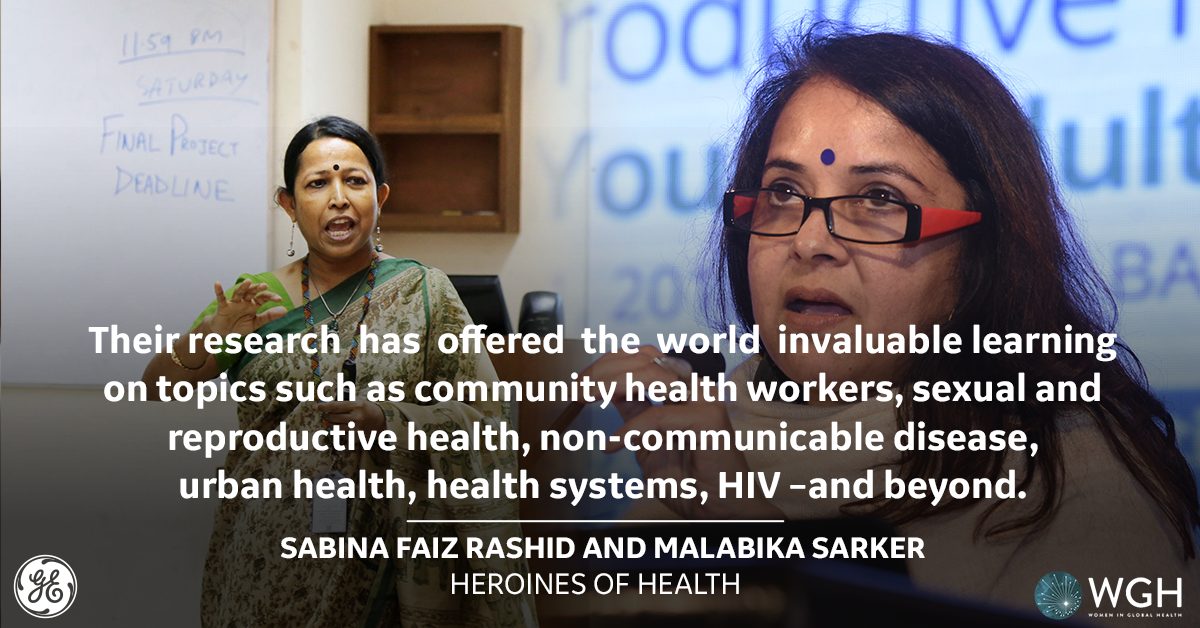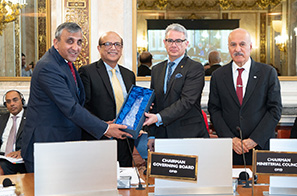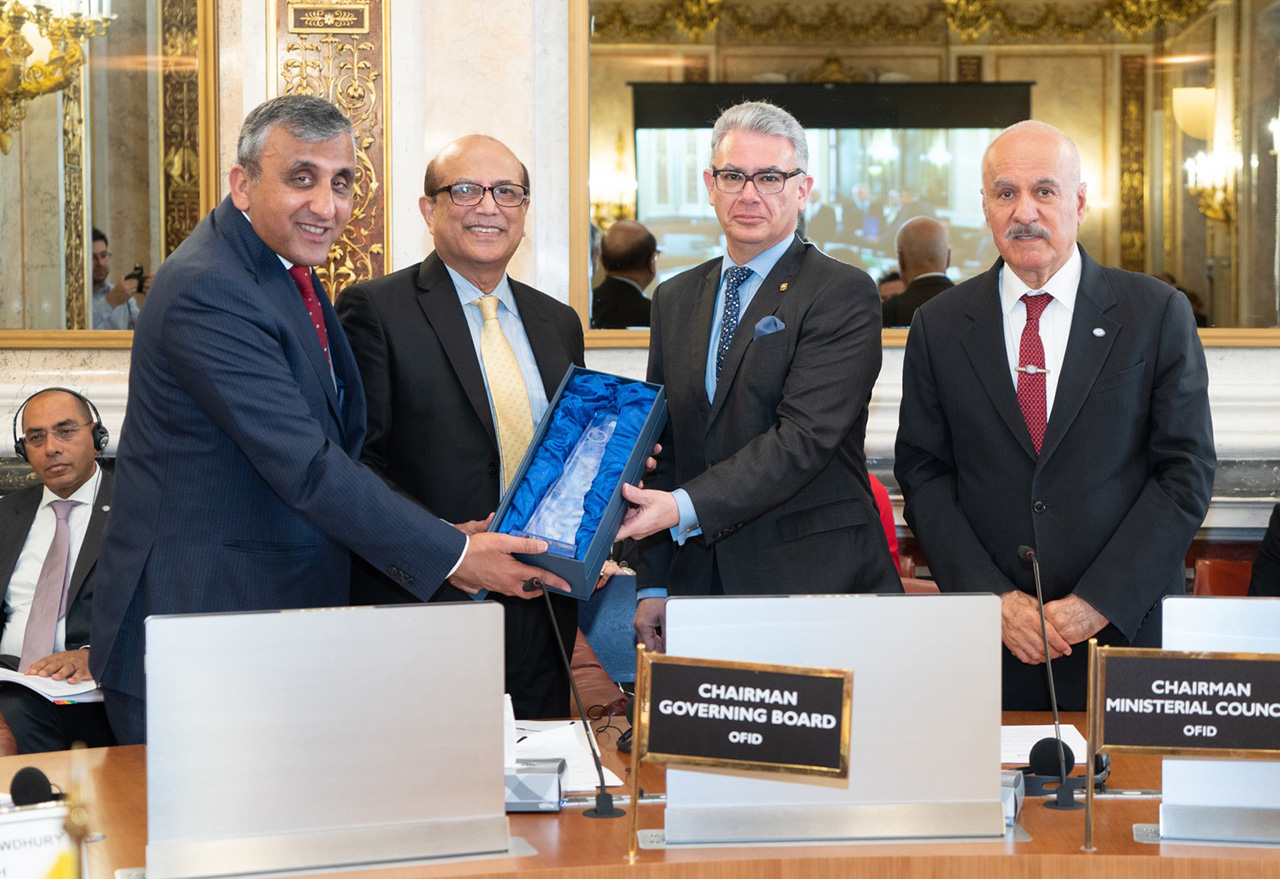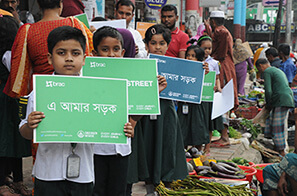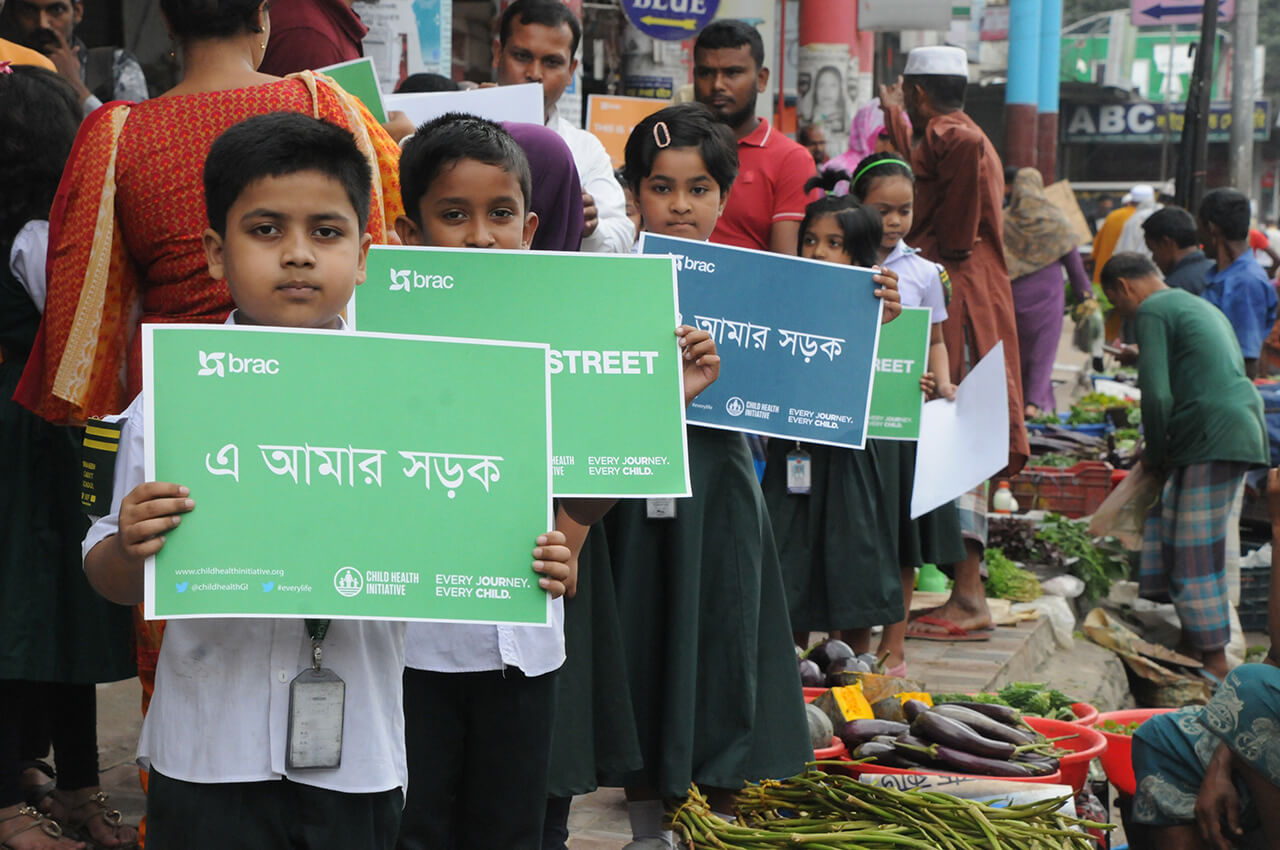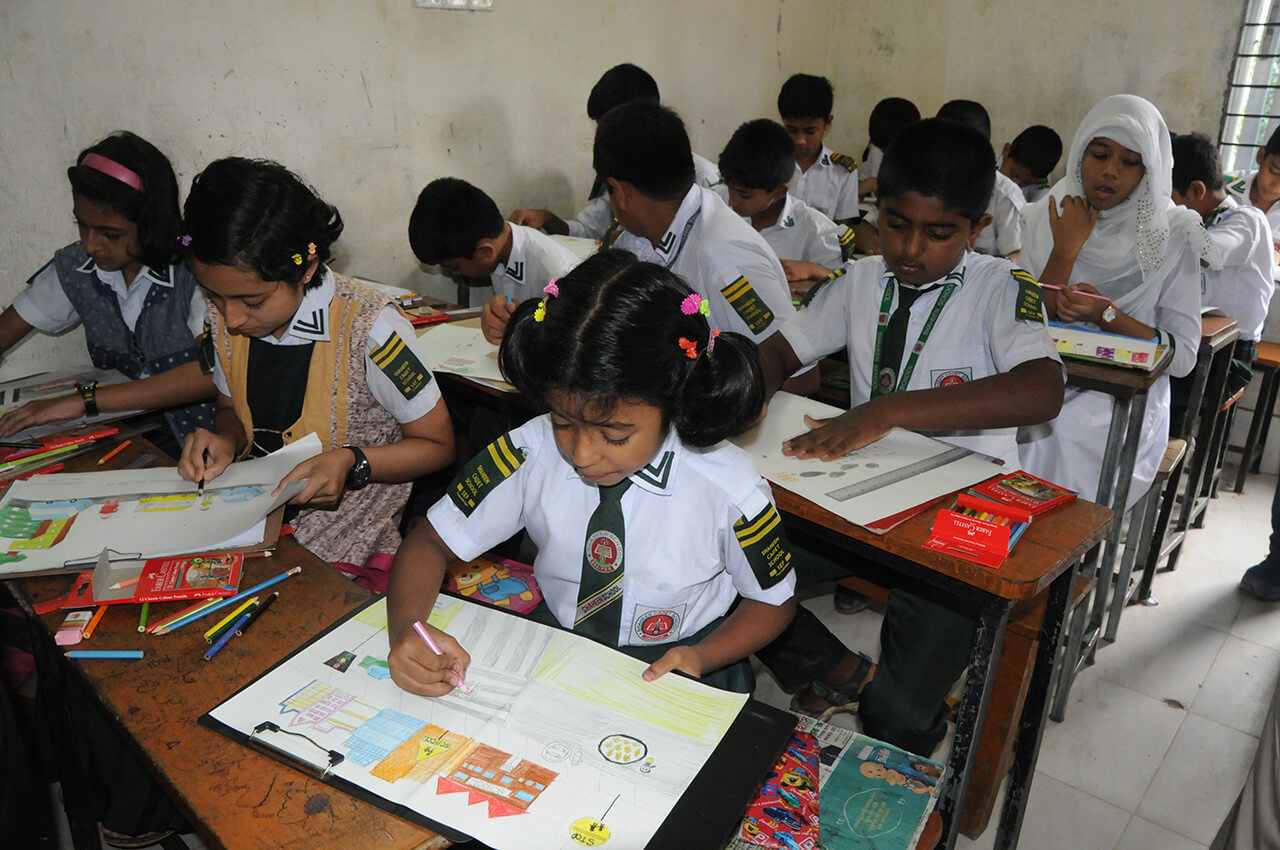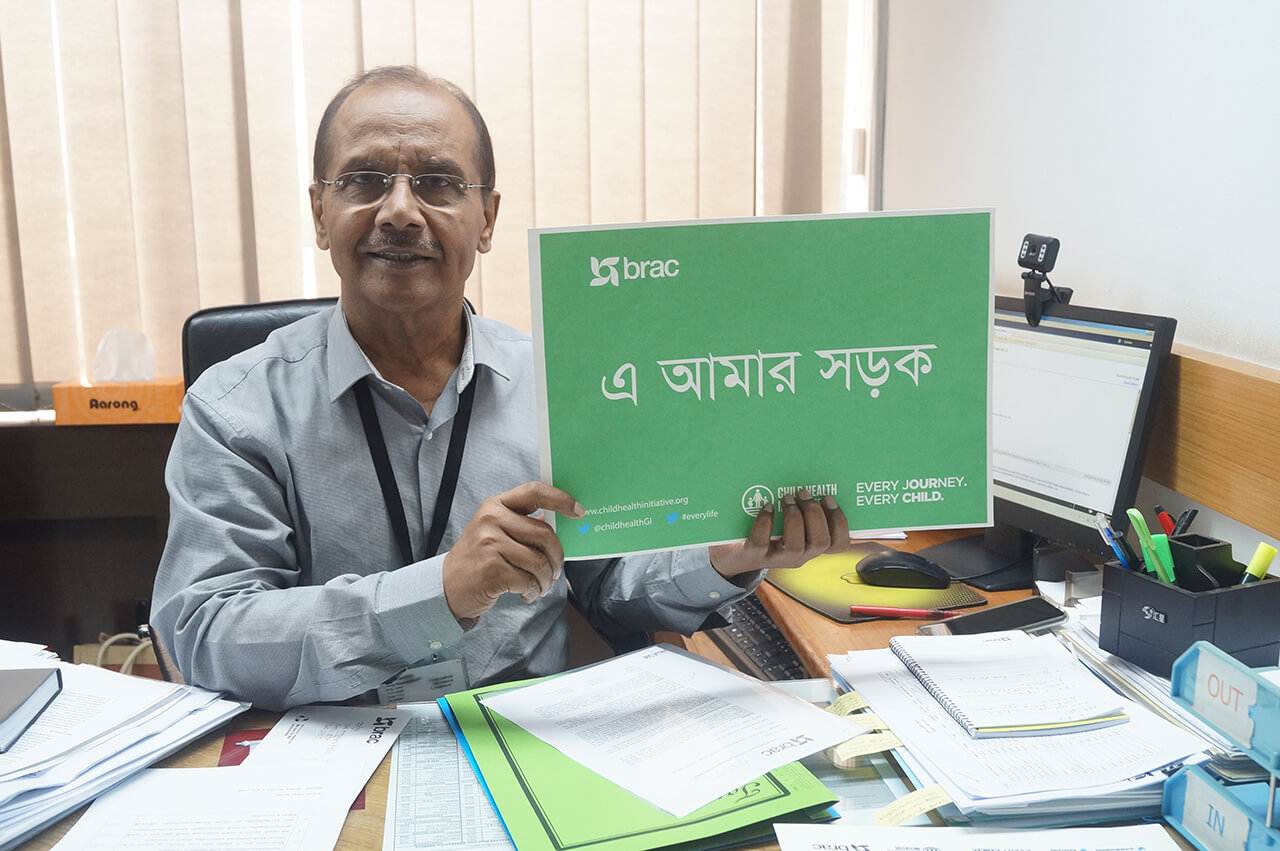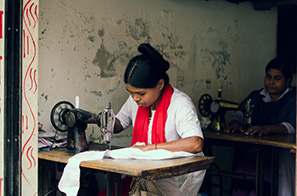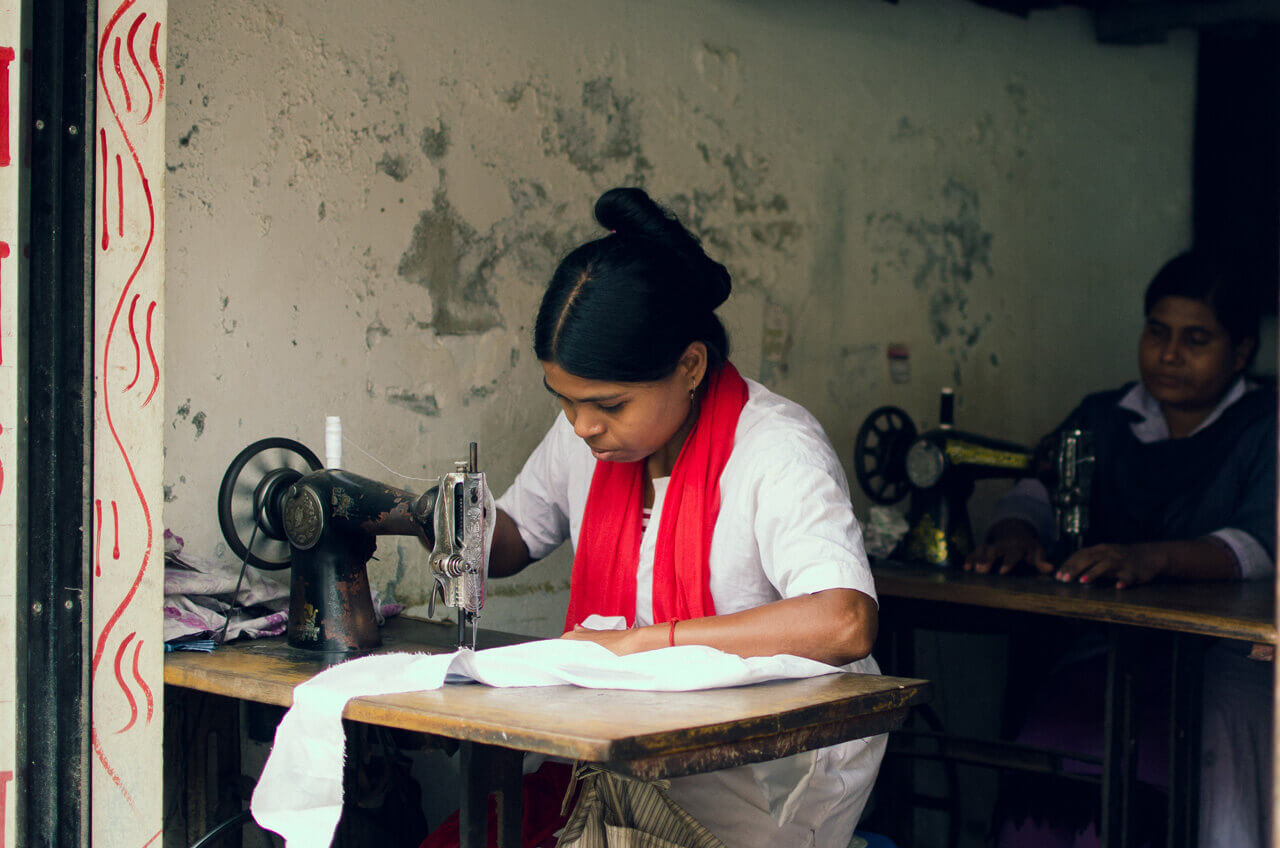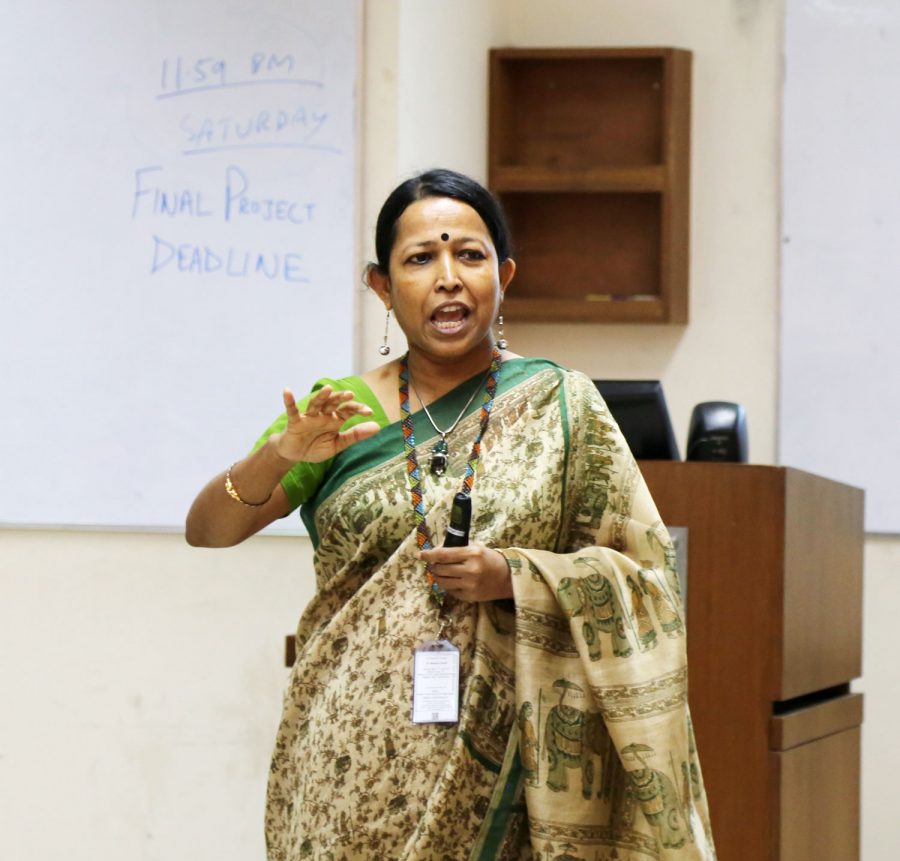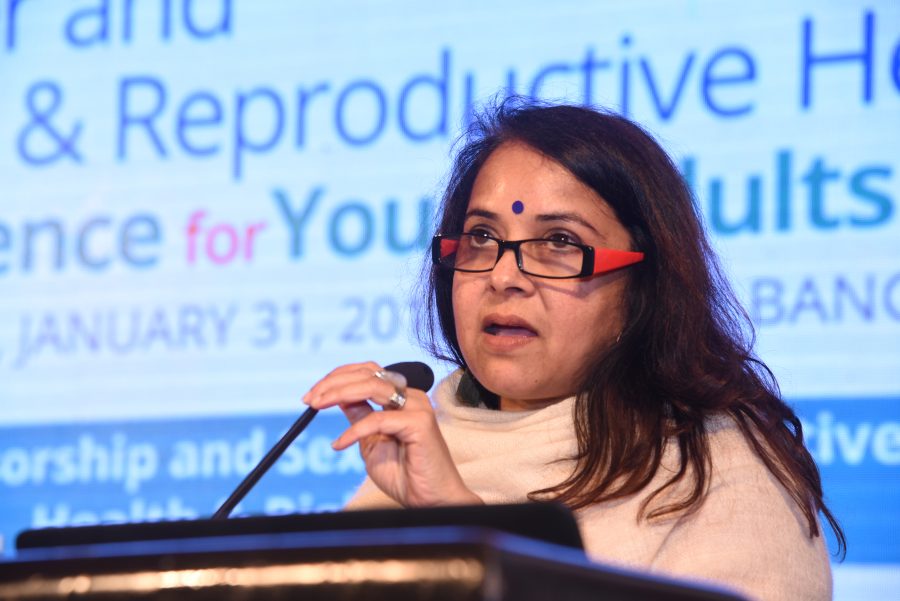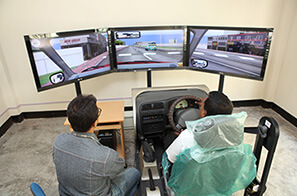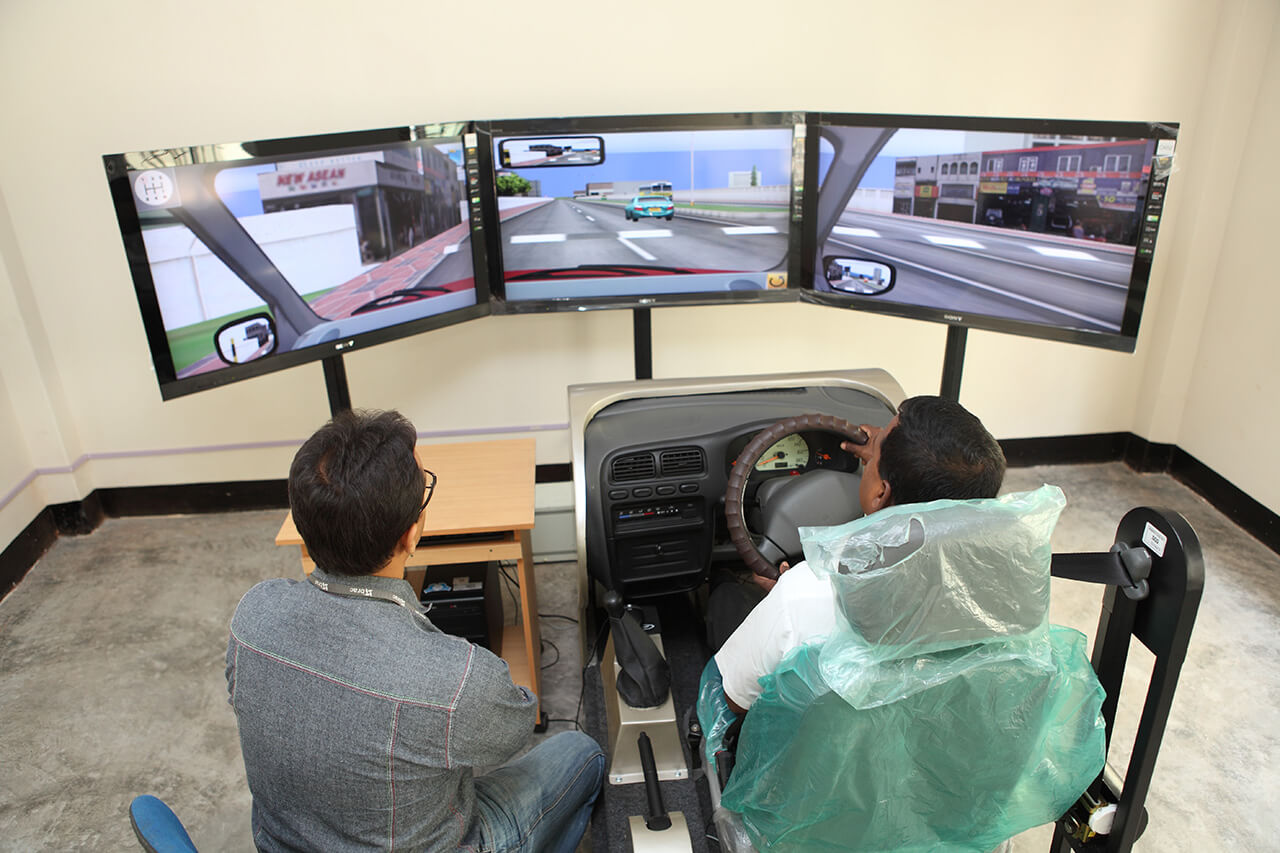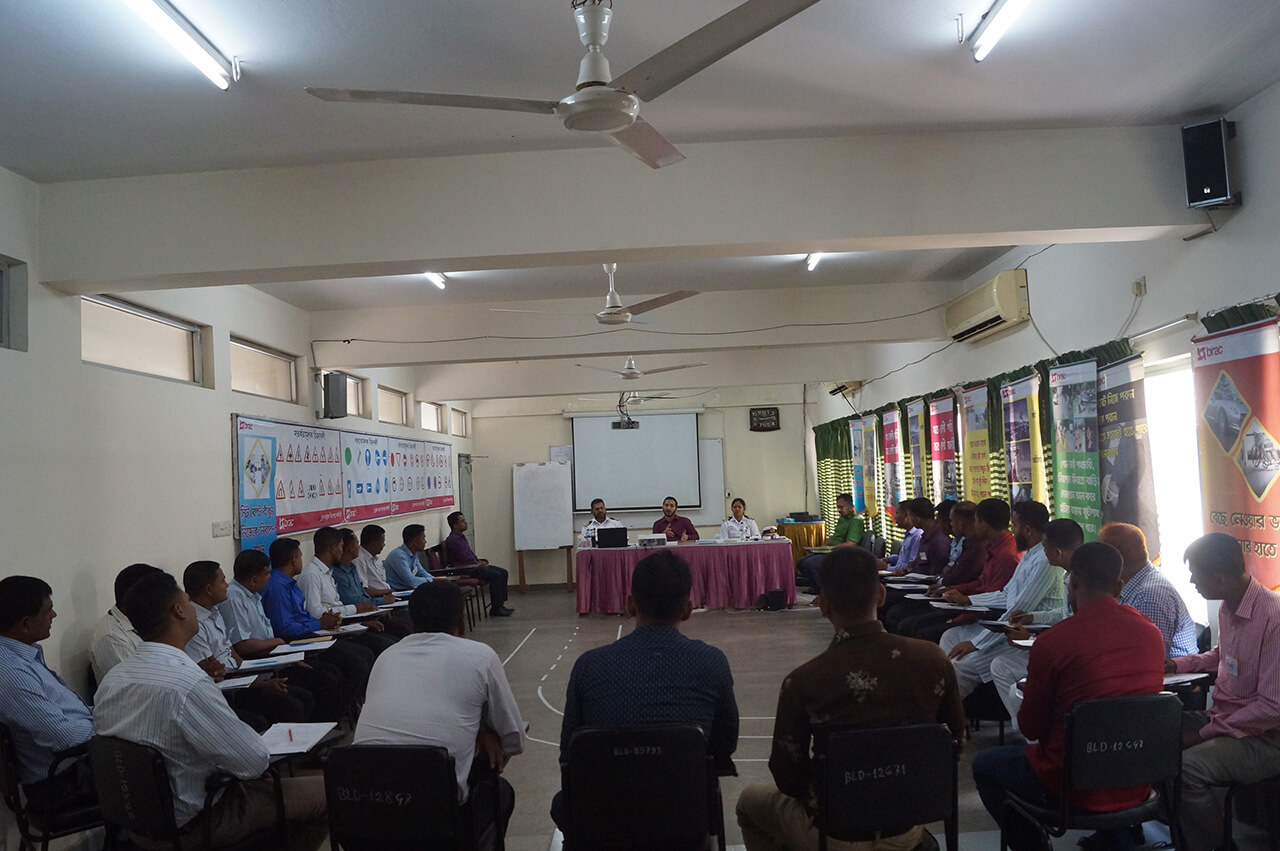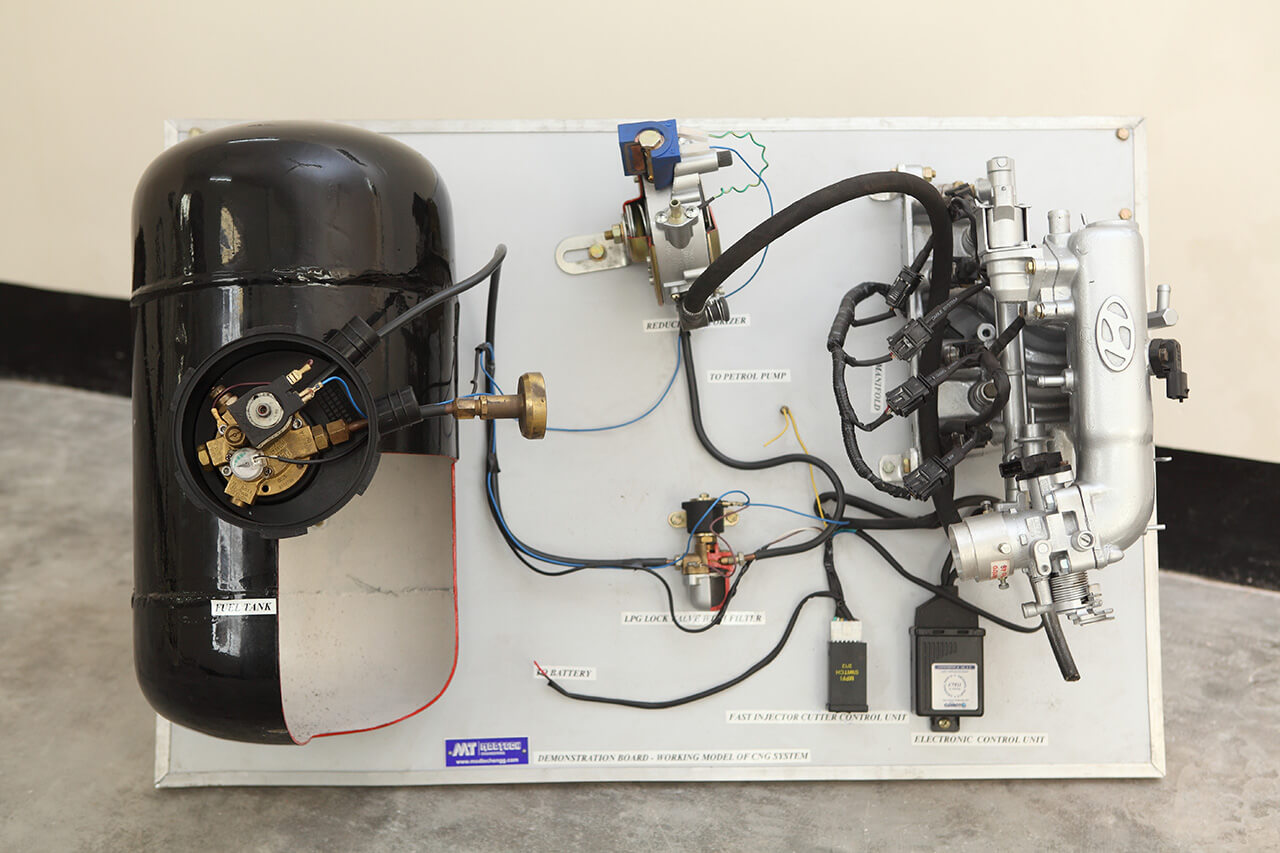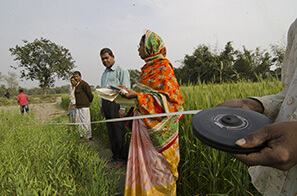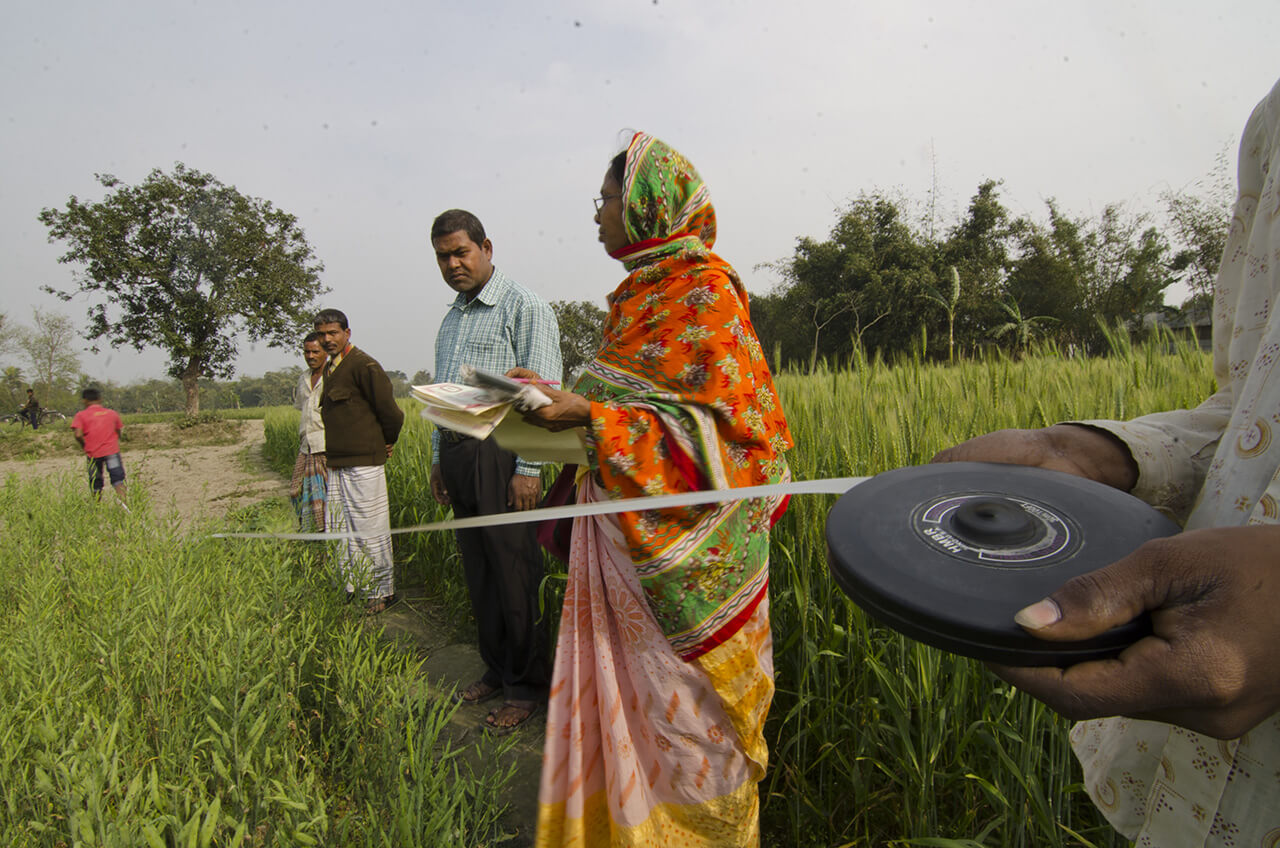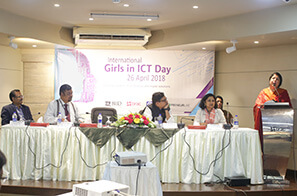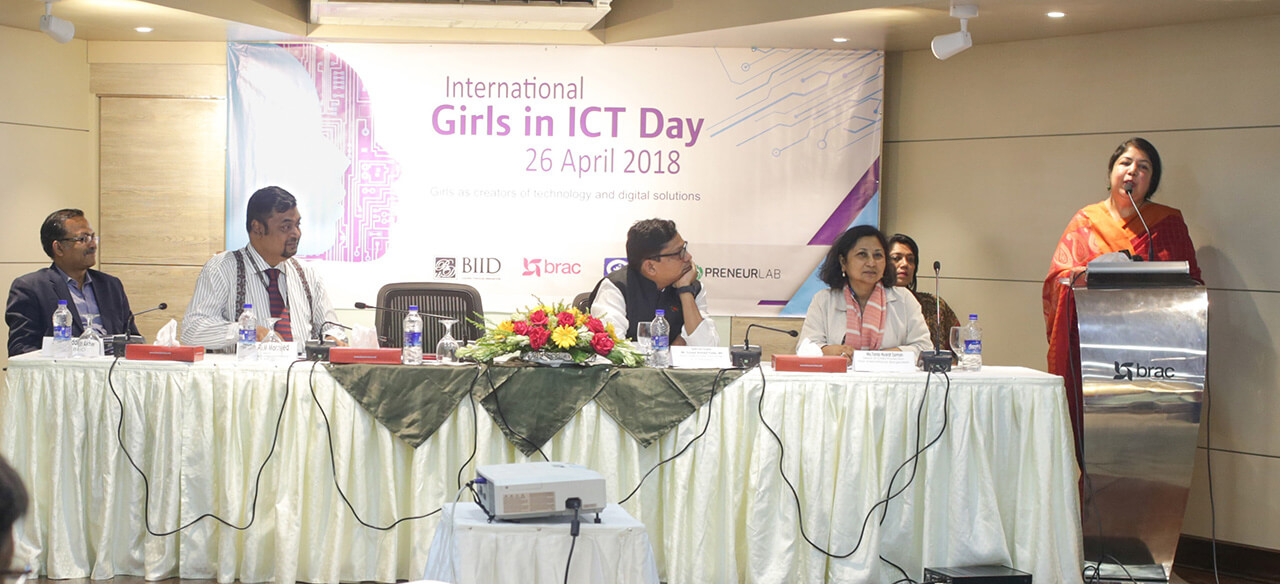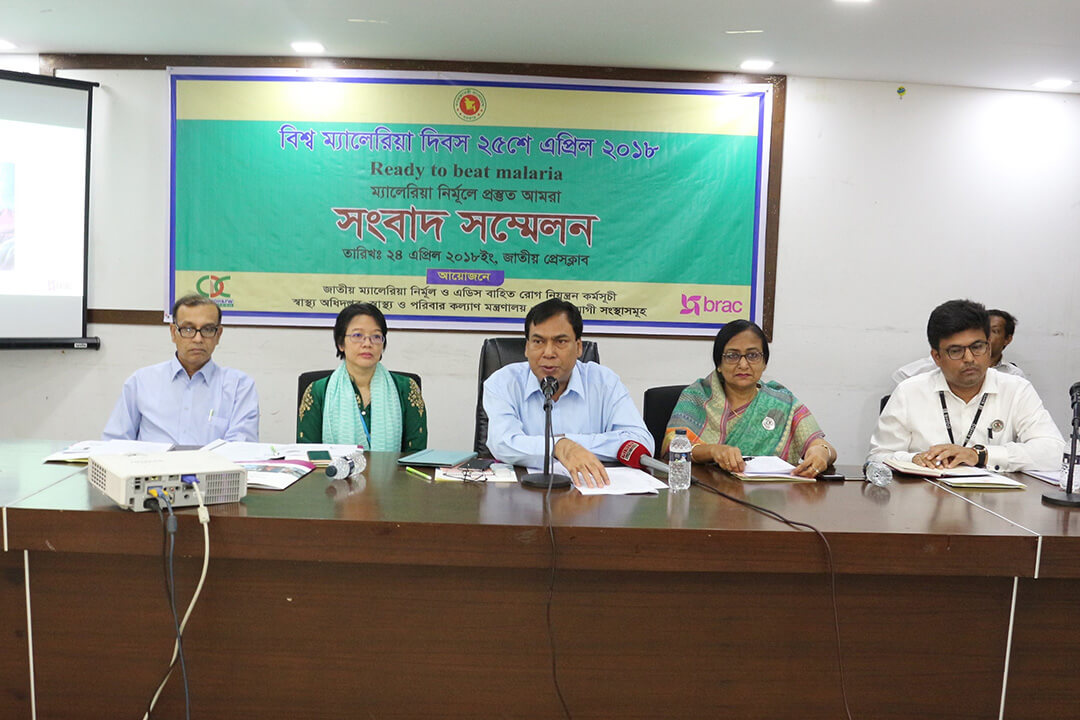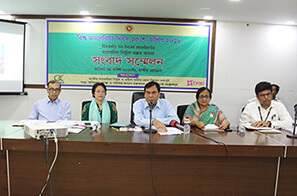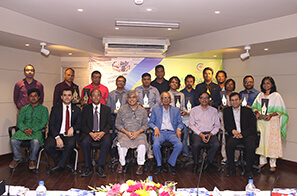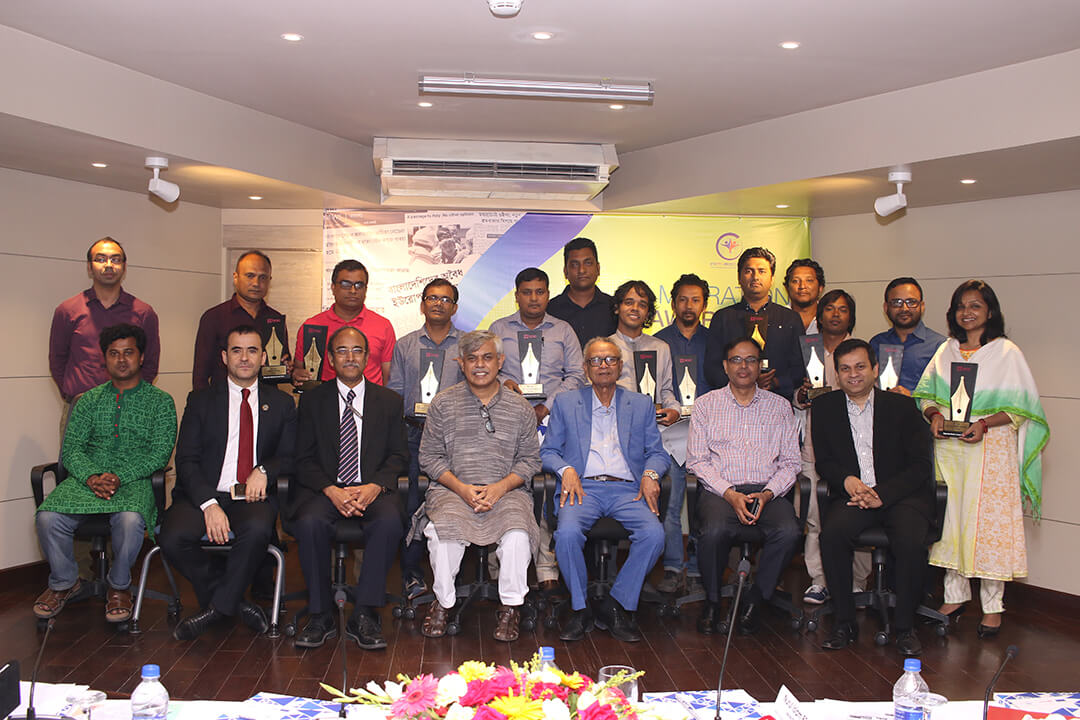GE Healthcare and Women in Global Health are honoring nine women changing the face of healthcare

For the second year in a row, at the 71st World Health Assembly in Geneva, GE Healthcare and Women in Global Health – a movement that strives for greater gender equality in global health leadership – are joining forces to celebrate and honor nine women for their commitment and achievements in global health at this year’s Heroines of Health awards.
Heroines of Health seeks to highlight women’s significant contribution to healthcare, as women continue to make up a comparatively small percentage of global health leadership, despite holding 70 percent of jobs in global healthcare1. Ministries of Health, particularly in developing markets, are looking to improve both access to healthcare and maternal and infant health outcomes and female leaders have been shown to be more likely to support the development of health facilities, antenatal care, and immunization programs, leading to outcomes as direct as improving infant mortality2.
These awards highlight the significant contribution women have on healthcare by telling the stories of the women who work tirelessly every day to improve global health with tremendous dedication and passion.
Here are this year’s Heroines of Health:
1. She’s saving children’s lives in the face of war
Dr. Najla Al-Sonboli is the head of the Pediatric Department of Al-Sabeen Hospital for Maternity and Children; the biggest tertiary referral pediatric hospital in Yemen, receiving patients from an area with nearly 4 million people, half of whom are displaced due to the war. Najla works tirelessly to provide essential medical care to save babies and children’s lives, organizing staff to provide voluntary services with minimal resources and being responsive to new challenges.
[Read More]
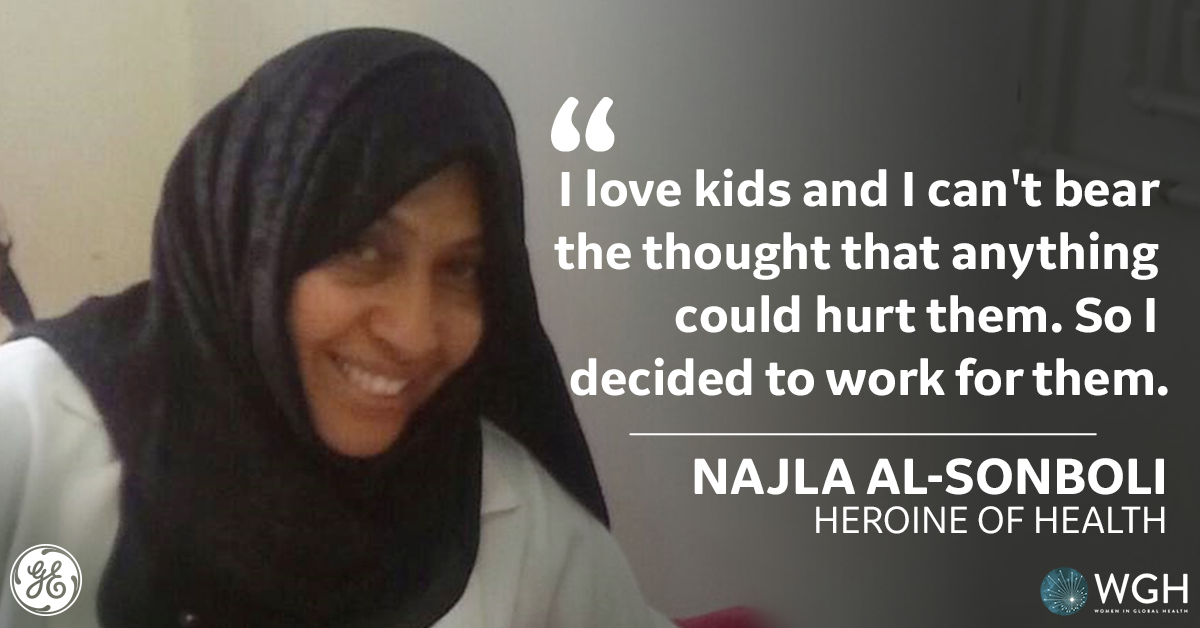
2. Her work changed scoliosis treatment for all children in Ireland
Claire Cahill is the co-founder of The Scoliosis Advocacy Network in Ireland, supporting over 650 families whose children live with scoliosis. The aim is to ensure that children have access to timely assessments and care and to build a community for all children who live with scoliosis In Ireland. Claire has campaigned tirelessly to see the lack of timely care recognized as a children’s rights issue.
[Read More]
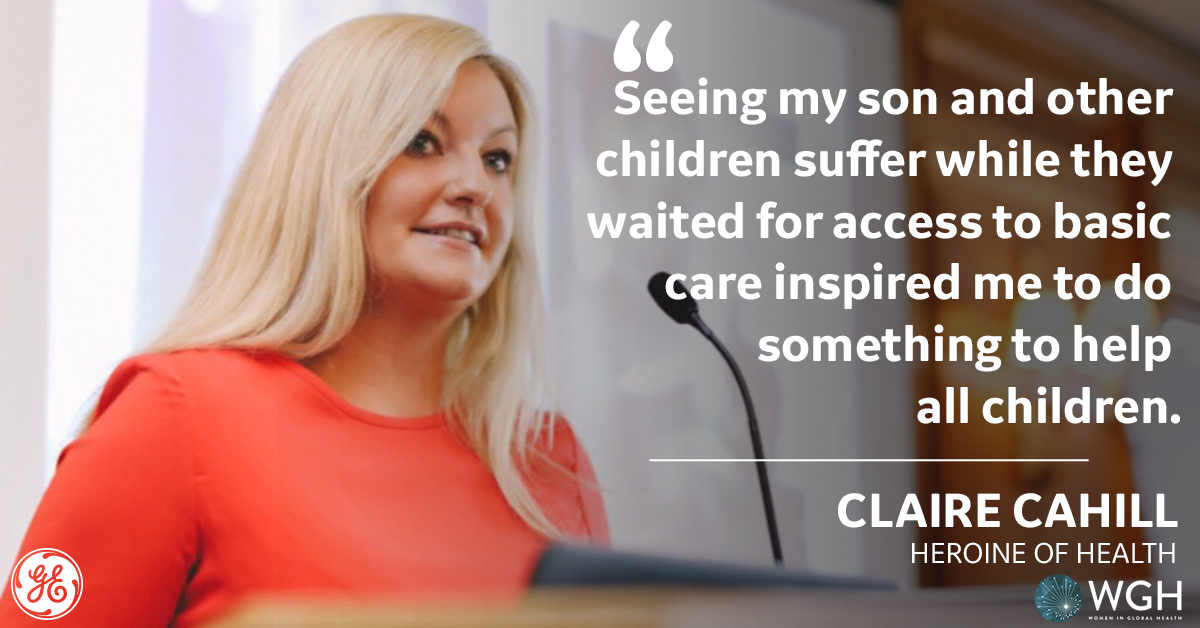
3. Anne is fighting to scale up HIV services in South Sudan
Anne Kinuthia leads a team tasked with introducing and scaling up HIV services in South Sudan and has successfully rolled out HIV testing, prevention of mother-to-child transmission, and HIV treatment services in different regions of the country. She has also supported the Ministry of Health and the South Sudan AIDS Commission to develop the necessary guidelines and strategic plan to inform HIV programming in the country.
[Read More]
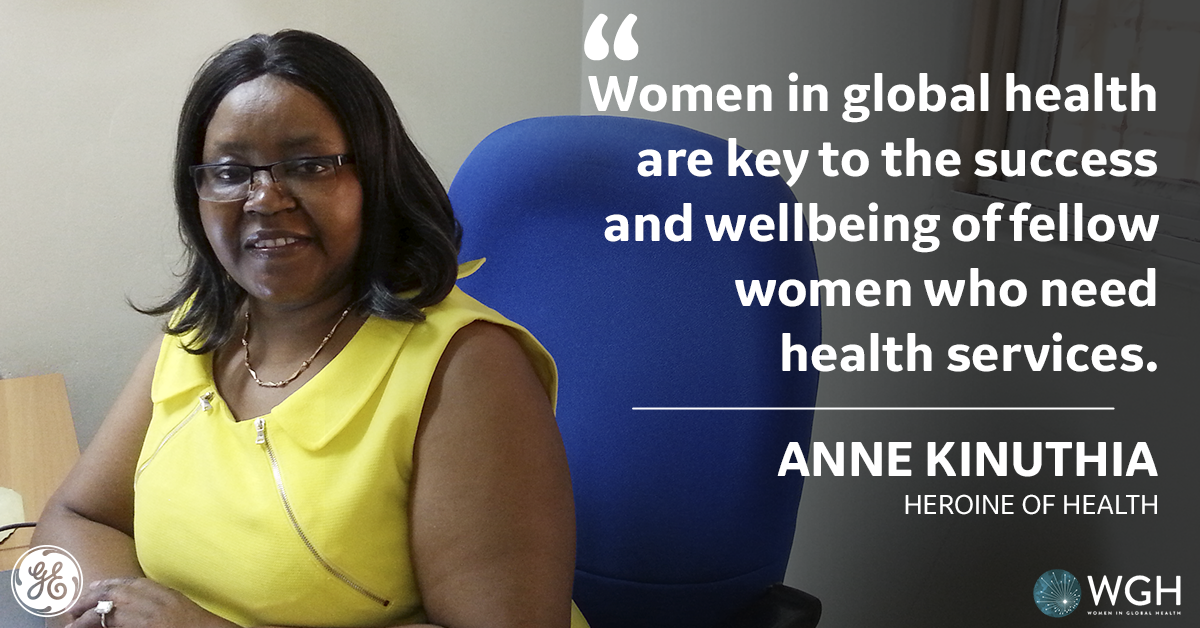
4. After 30 years in global health, this woman is ensuring the future is in good hands
Professor Rose Leke’s ground-breaking research encompasses broad areas of immunology, parasitology, and global health, with a particular focus on Malaria. She has also significantly contributed to polio eradication in Africa. Rose has shown tremendous leadership in advancing gender equality and empowering women in the field of public health, science, and research.
[Read More]
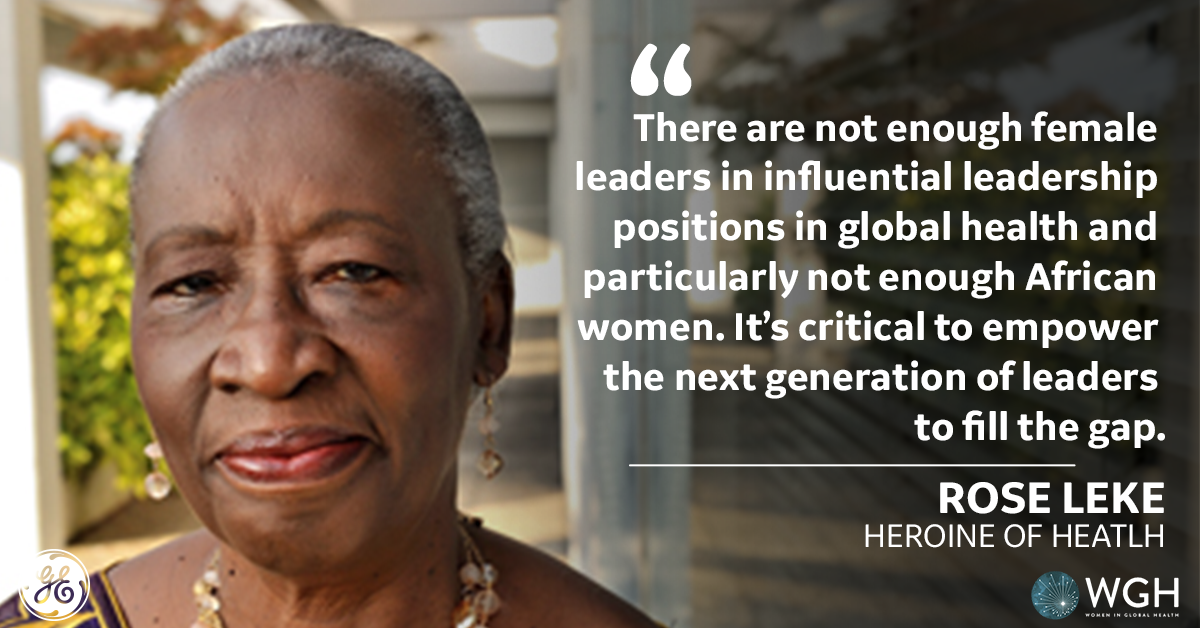
5. This nurse in Kenya is making sure all families in her community get access to quality care
Christine Mataza has been the nurse in charge for Kilifi sub-county, Kenya for the past 15 years, playing a key role in Kenya’s public health system. Her supportive supervision, drive, and tireless dedication to ensure that basic care is available to those who cannot afford access to private care is a source of inspiration in her community.
[Read More]
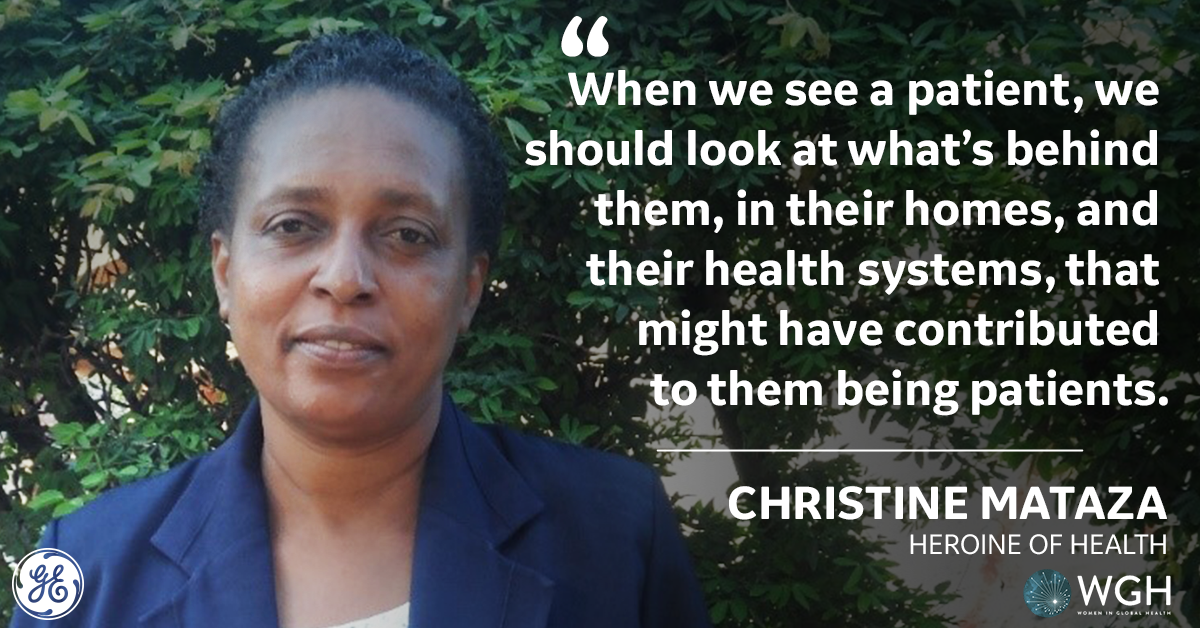
6. Her own story of strength is helping transform the lives of women and girls
Margaret Nakanjakko is often called “mummy” in her community for the tremendous support and dedication she shows to anyone needing her help. For nearly two decades, Margaret has worked with Reproductive Health Uganda, helping to improve the lives of thousands of young Ugandans by giving them the tools they desire to avoid unintended pregnancies, stay in school and live healthy, productive lives.
[Read More]
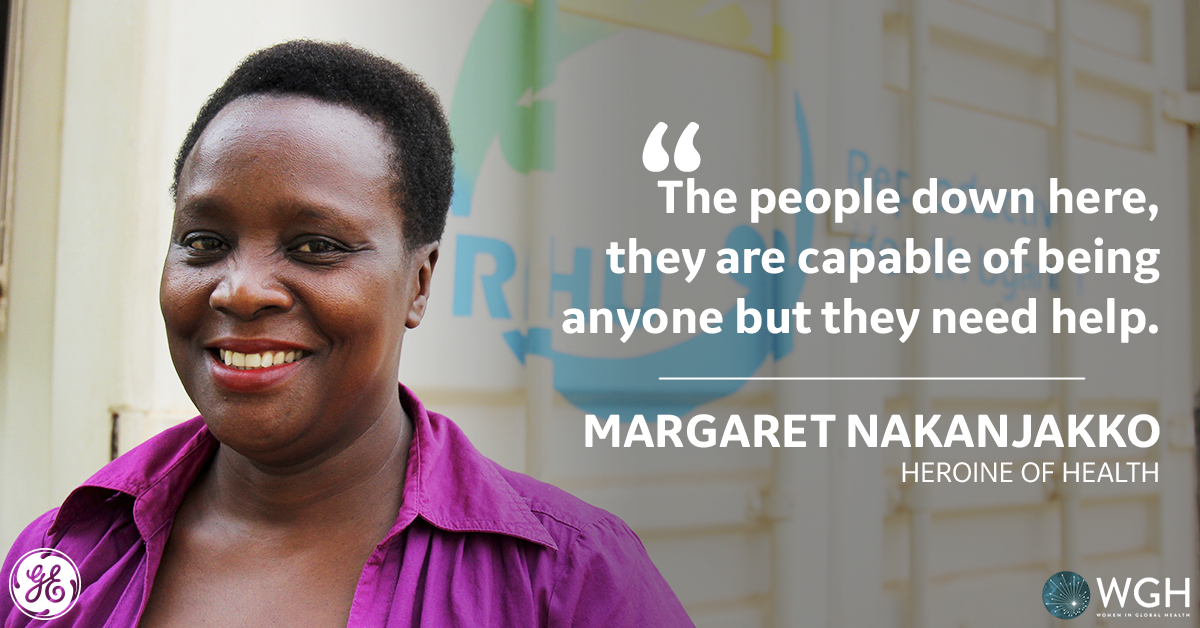
7. One hearing aid at a time, this woman is changing the lives of thousands
Audra Renyi founded earAccess; a social enterprise that is disrupting the hearing aid industry, providing hearing services (testing for hearing loss and hearing aids) that are significantly cheaper than comparable options. earAccess has been helping provide an affordable solution to hearing loss and hearing aids for the world’s most remote communities. Audra also helped grow World Wide Hearing, an NGO focused on helping children with hearing loss.
[Read More]

8. Meet the two professors working with vulnerable populations in Bangladesh
Professor Sabina Faiz Rashid and Professor Malabika Sarker are being honored as a pair for their work with vulnerable populations in Bangladesh. Both have strong academic backgrounds; Sabina is the first female Dean of the BRAC James P Grant School of Public Health and Malabika is the first female Director of Research at the school. Their partnership and collaboration is key to their leadership and is inspiring the next generation of global health workers. Their research has offered the world invaluable learning on topics such as community health workers, sexual and reproductive health, non-communicable disease, urban health, health systems, HIV – and beyond.
[Read More]
